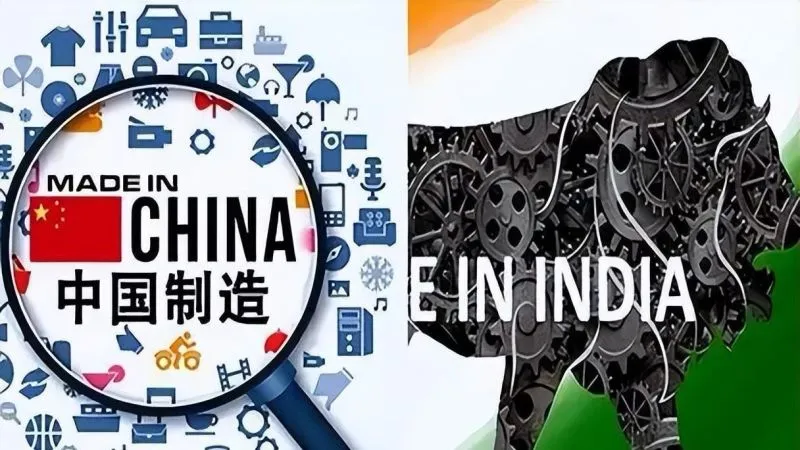China’s Key Strengths
- Unrivaled Scale & Infrastructure: World’s largest manufacturing ecosystem with fully integrated supply chains and advanced logistics (ports, highways, rail networks)
- Deep Industrial Expertise: Decades of specialization in complex sectors (electronics, machinery, chemicals) with high productivity and optimized processes
- Strategic Government Backing: Massive state investment in R&D and core industries (EVs, renewables, semiconductors)
China’s Challenges
- Rising operational costs (labor, land)
- Geopolitical tensions and Western “de-risking” strategies
- Aging population shrinking workforce pool
India’s Competitive Edges
- Demographic Advantage: Young, growing workforce with lower labor costs
- Domestic Market Growth: Expanding consumer base driving local demand
- Policy Support: “Make in India” initiative with production-linked incentives (PLI) and infrastructure focus
- Strategic Positioning: Primary beneficiary of “China+1” supply chain diversification
India’s Development Barriers
- Infrastructure gaps in logistics and power supply
- Bureaucratic complexities across states
- Workforce skill mismatch requiring vocational training scaling
2024-2034 Industry Outlook
- China’s high-tech pivot: Leadership in AI, EVs and advanced semiconductors through automation
- India’s sectoral expansion: Growth in electronics assembly, pharmaceuticals and automotive components
- Technology adoption: Robotics and AI enhancing productivity in both nations
- Green manufacturing: Sustainability becoming imperative across supply chains
